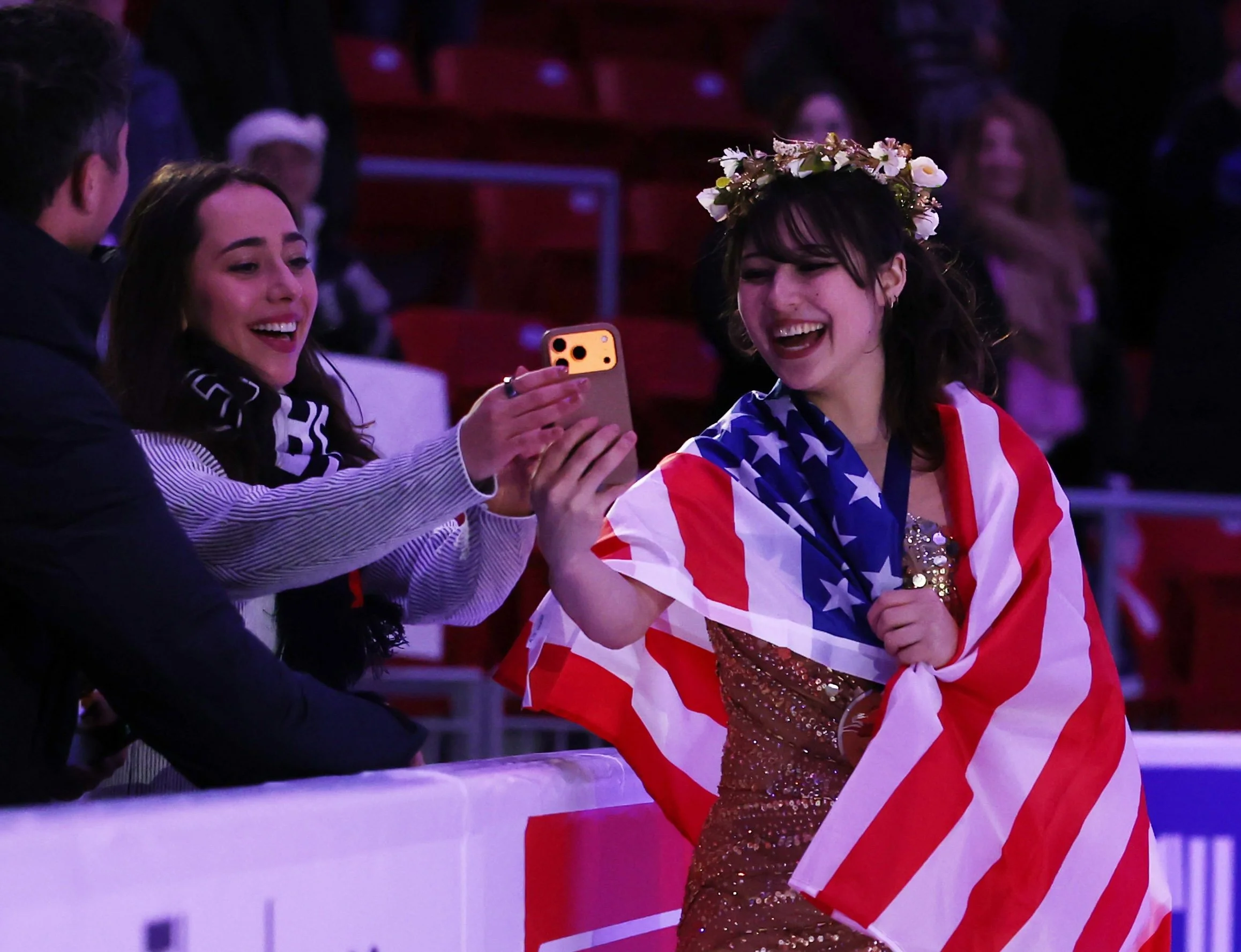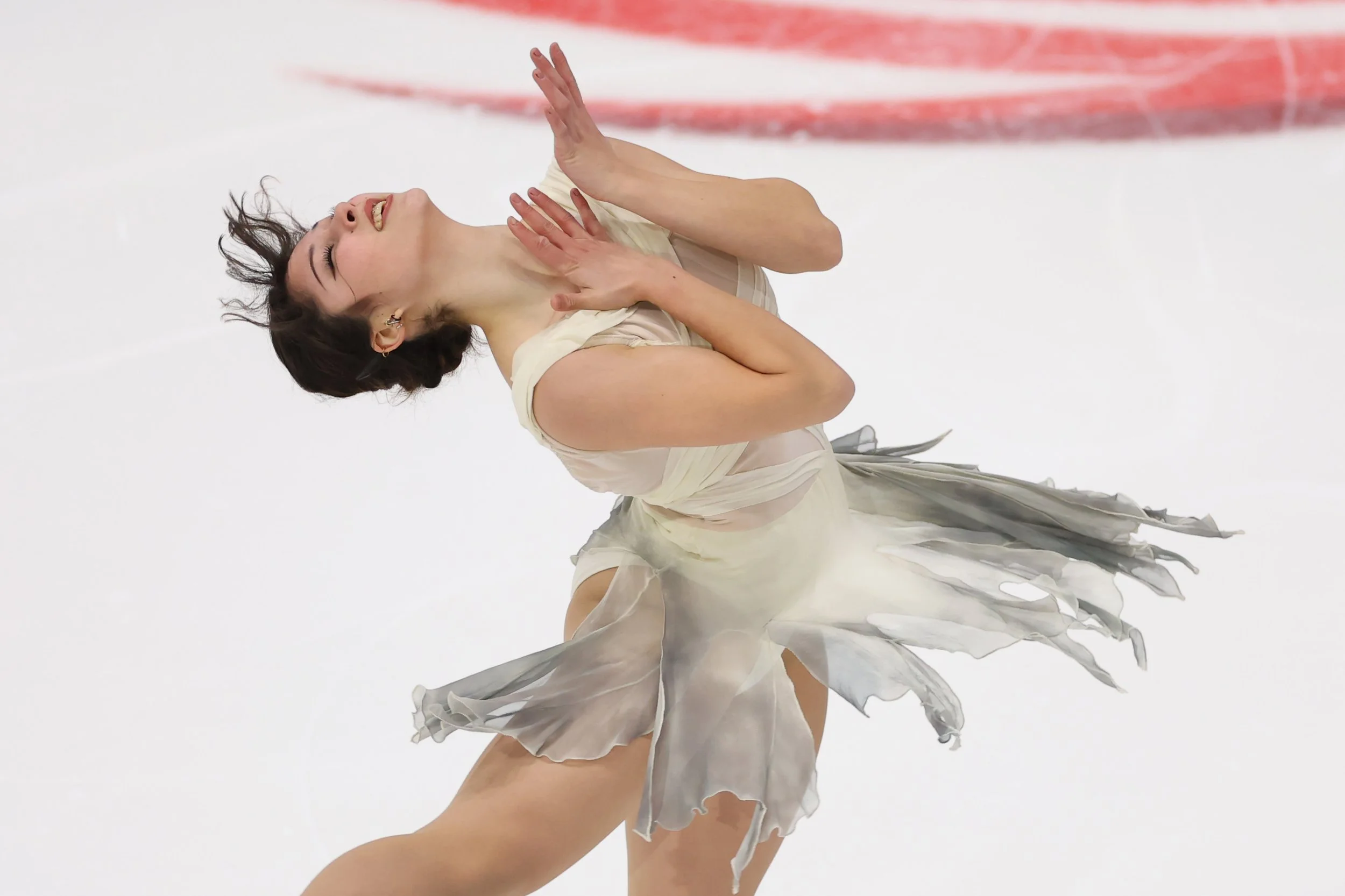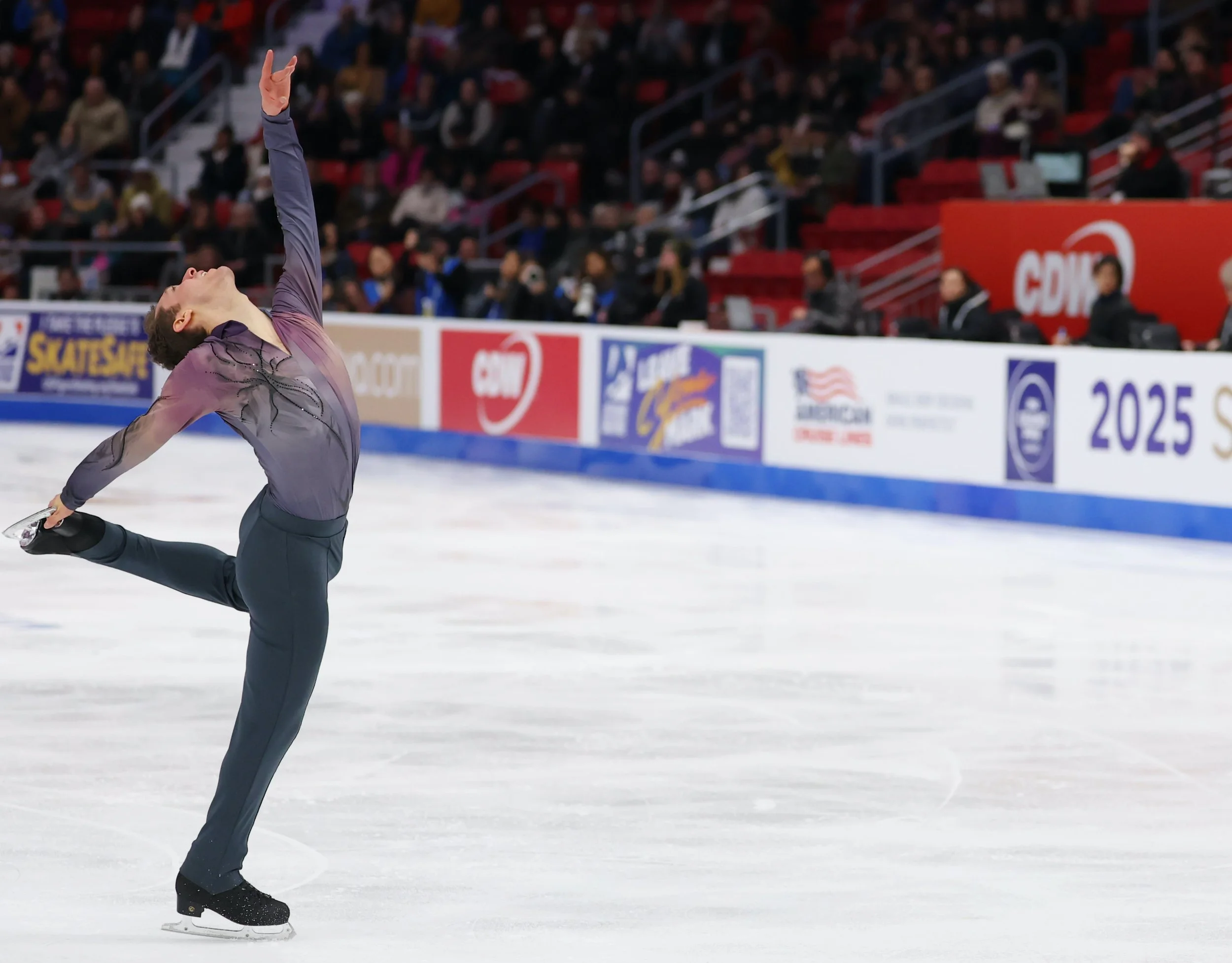Alysa Liu swept up in a glittering figure skating whirlwind
/LAKE PLACID, N.Y. -- Alysa Liu’s Olympic season began three months ago in Norwood, Massachusetts for a U.S. Figure Skating pre-season training camp.
Then came Bergamo, Italy for a Challenger Series competition. And Chongqing, China, 1,200 miles southwest of Beijing, for the Cup of China Grand Prix competition, followed by a (purposely) sleepless night and a flight the next day to New York City for the U.S. Olympic committee’s media days previewing the 2026 Winter Olympics.
Next was a little more than two weeks at her home in the San Francisco Bay area. And, in the latest episode of 'Where’s Alysa,' she wound up in the you-can’t-get-there-from-here north woods of New York state, specifically Lake Placid, for the Saatva Skate America Grand Prix event.
Ms. Liu heads back to the Bay Area with the Skate America gold medal, her first win at a Grand Prix event, and another long trip added to her Olympic season itinerary. This one is to Nagoya, Japan for the Grand Prix Final in two and one-half weeks.
Combined with a second place at Cup of China, her victory Sunday earned the reigning world champion one of the six singles spots in the Grand Prix Final women’s field.
Read More





